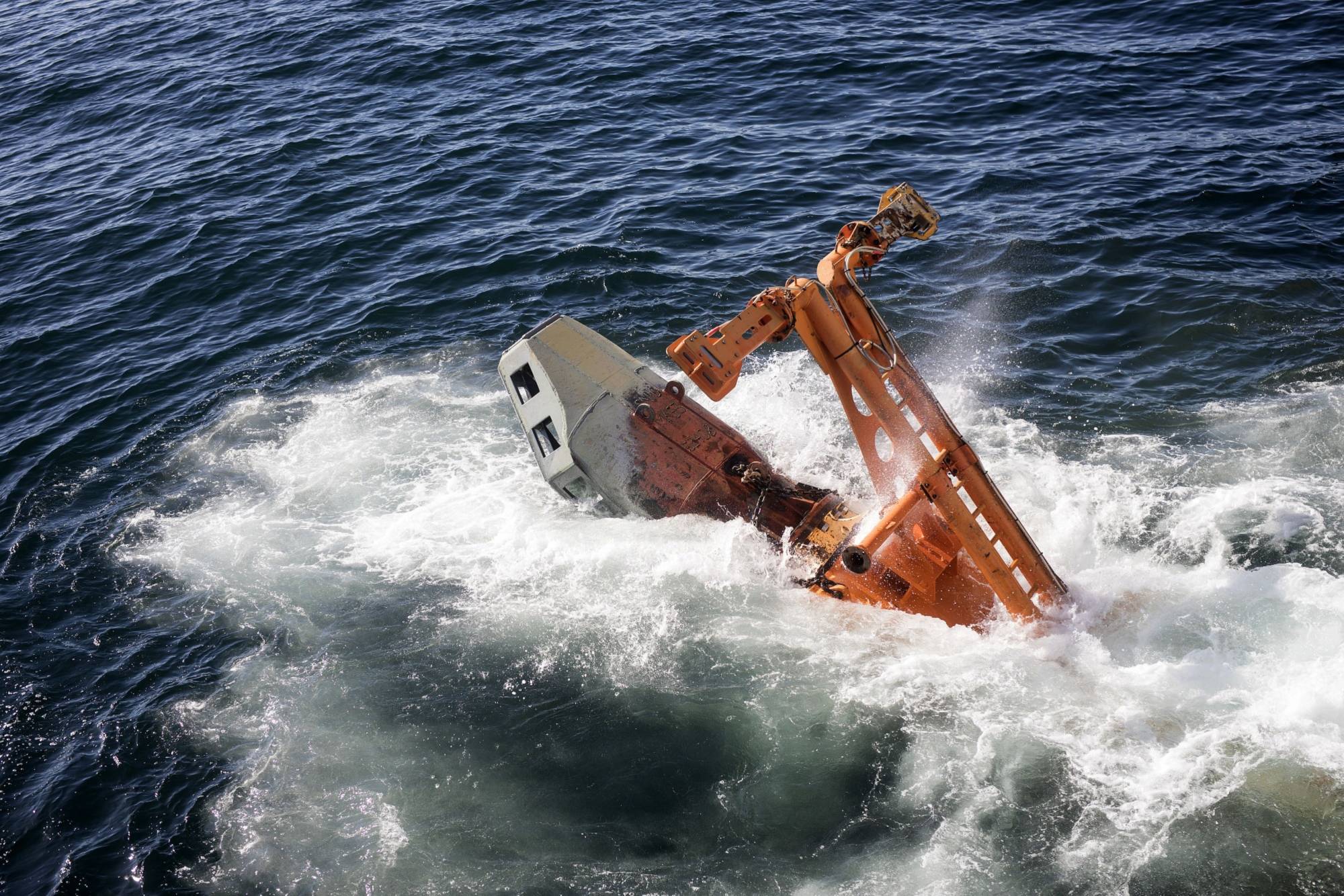A seabed mining startup, DeepGreen Metals Inc., has successfully sold itself to investors as a game-changing source of minerals to make electric car batteries that can be obtained in abundance-and at great profit — while minimizing the environmental destruction of mining on land.
But there’s strong scientific evidence that the seabed targeted for mining is in fact one of the most biodiverse places on the planet — and increasing reason to worry about DeepGreen’s tantalizing promises. Bloomberg Green’s examination of corporate and legal filings, regulatory records and other documents raises questions about DeepGreen’s business plans. Previously undisclosed agreements with developing island states in the South Pacific show the company’s political and financial leverage over its partners, who are dependent on its expertise to exploit their seabed resources and obligated to ensure DeepGreen’s compliance with international environmental regulations.
For years, the Canadian-registered startup has been pitching a solution to climate change that can be found more than 3,900 meters below the sea. That’s where potato-sized polymetallic nodules rich in cobalt, nickel and copper cover the ocean floor by the billions. DeepGreen Chief Executive Officer Gerard Barron calls these nodules "a battery in a rock.”

















With your current subscription plan you can comment on stories. However, before writing your first comment, please create a display name in the Profile section of your subscriber account page.